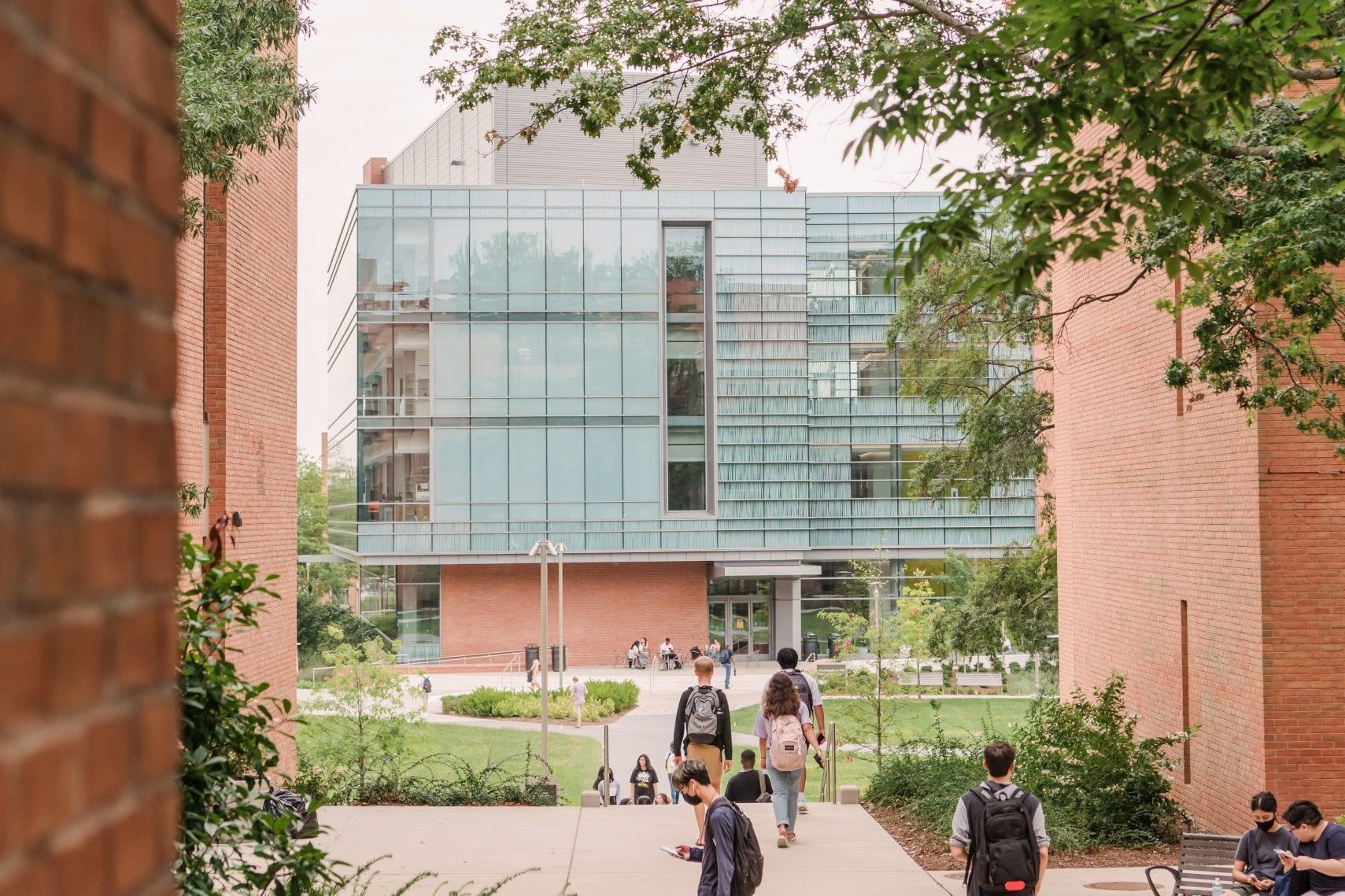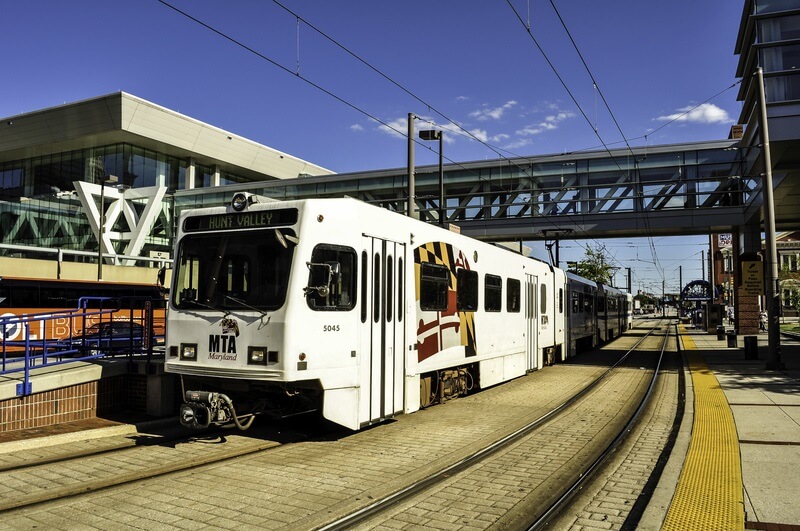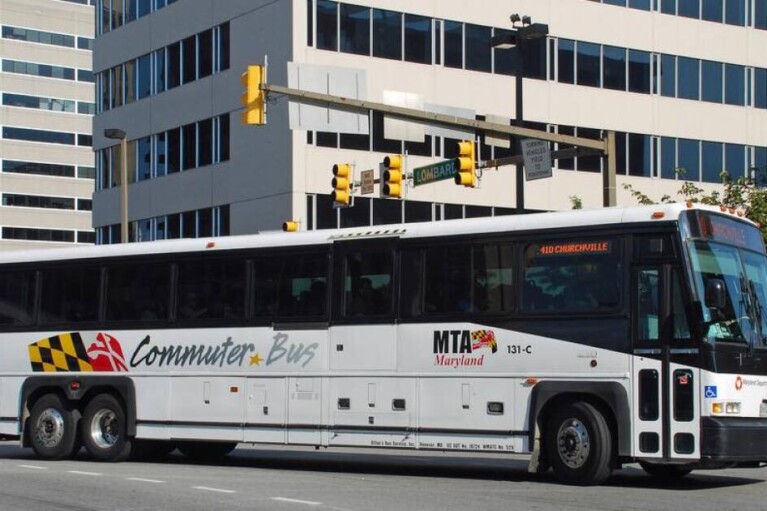Commentary: Climate change, Maryland, and the expanding role of universities

By Maggie Holland and Candace Dodson-Reed
Holland is an associate professor in the Department of Geography & Environmental Systems at the University of Maryland, Baltimore County (UMBC). She co-designed and teaches an undergraduate class on Climate Change & Maryland society. She can be reached at [email protected].
Dodson-Reed is the vice president for government relations and community affairs at UMBC. She also serves on the board of the Maryland League of Conservation Voters. She can be reached at [email protected].
In 2022, with the passage of the Climate Solutions Act, the state of Maryland set the most ambitious greenhouse gas emissions reduction goals of any state in the U.S. The Act requires the state to reduce emissions by 60% from 2006 levels by 2031 and to achieve net-zero by 2045. And with the election of Governor Wes Moore at the end of 2022, this critical work was enhanced with his goal of ensuring that Maryland generates 100% clean energy by 2035.
Maryland has an opportunity to be a leader and it is exciting to set ourselves on a course to model proactive and rapid action to address emissions reductions with a governor, lieutenant governor, legislature, and state agencies that are poised and ready to act.
A key focus from our viewpoint is to address the potential risk of losing momentum and failing to act on the harder but most important ways forward to achieve these important goals.
Emissions reductions need to represent real changes in our energy systems. We have essentially stalled in the past on meaningful progress in transitioning to renewable and cleaner forms of energy like solar and wind. Prioritizing these transitions also requires a focus on:
- Reducing our reliance on energy from other states. Maryland is a net energy importer because we consume about five times more energy than we produce in the state.
- Accounting for the role we play in the transport and export of dirtier forms of energy elsewhere in the world, as the Port of Baltimore is the second-largest coal exporter in the United States.
- Ensuring a just transition and sustained opportunities for work in the solar and wind industries, especially for those currently employed in the fossil fuel industry.
- Reforming our own renewable portfolio standard so that we do not incentivize the counting of dirtier/polluting forms of energy production (e.g., waste incineration and other biomass burning) as top-tier energies.
- Thoughtful updates to sustainability plans. Many plans for reaching net-zero rely on carbon offsets to meet targets while we try to make more substantial changes in our energy systems. But carbon offset investments can be problematic and further risk a lack of meaningful action to reduce emissions.
Universities play a critical role in helping execute this work for meaningful, long-term change.
In addition to ensuring that actively reducing their carbon footprint and environmental sustainability goals are key tenets of a university strategic plan, our great universities can be innovators and incubators, and can exchange ideas and practices. We often emphasize technological innovations and engineering solutions, but must also continue to tap into the breadth and depth of experience across disciplines, including the social sciences, arts, and humanities.
Our state universities would benefit from support to not only foster innovations to address a changing climate, but also to teach the next generation how to communicate on climate change and how to strategize on policy development and decision-making.
Real work to address climate change also requires listening to, engaging, and empowering communities most affected by its impacts, which often overlap with environmental justice communities and those who are already experiencing the effects of extreme heat, intensified storm events, flooding, and sea level rise.
We are educating the next generation of curious leaders who will be laser focused on addressing this global challenge and who will be the brilliant minds needed to continue to look at innovative solutions.
The Maryland Commission on Climate Change, established in 2015, has members from multiple state agencies and sectors, including designated space for membership from state universities. The commission has several standing working groups, and recently added four more to reflect goals established by the recent Climate Solutions Now Act. Our state universities can serve in a more in-depth way on the commission and we hope the new administration will consider adding more higher education representatives, including within membership of working groups.
On May 10, UMBC is partnering with Maryland Matters to host a community forum to explore the future of state climate policy with some of the state’s top officials.
The forum will connect new leaders in Gov. Wes Moore’s administration, Maryland Matters readers, community members, UMBC faculty and staff members, and UMBC students, whose generation stands to gain or suffer the most from climate policies for years to come.
Lt. Gov. Aruna Miller, four Cabinet secretaries and the director of the Maryland Energy Administration are scheduled to appear including: Kevin Anderson, Secretary of Commerce; Rebecca Flora, Secretary of Planning; Serena McIlwain, Secretary of the Environment; Paul Pinsky, Director, Maryland Energy Administration; and Paul Wiedefeld, Secretary of Transportation.
We hope you will join us to continue this and even more important conversations. Find more details and RSVP for the event here.




 Creative Commons Attribution
Creative Commons Attribution